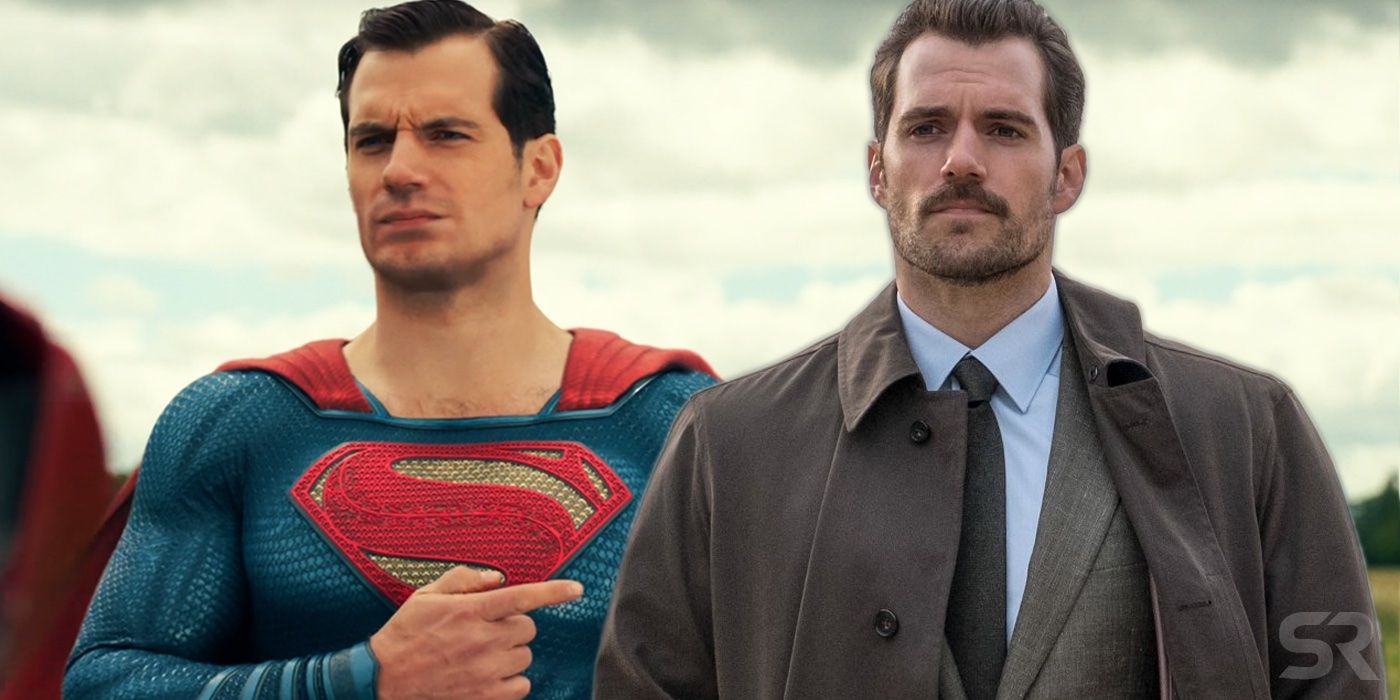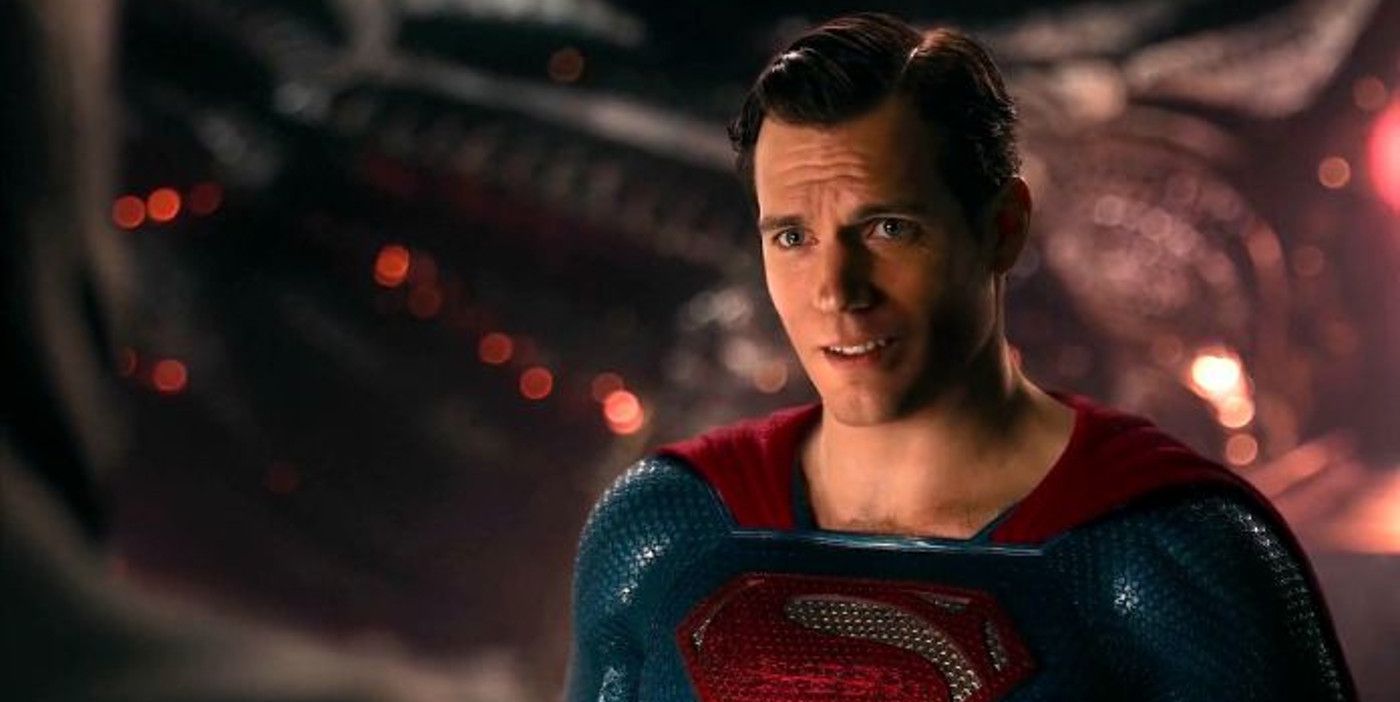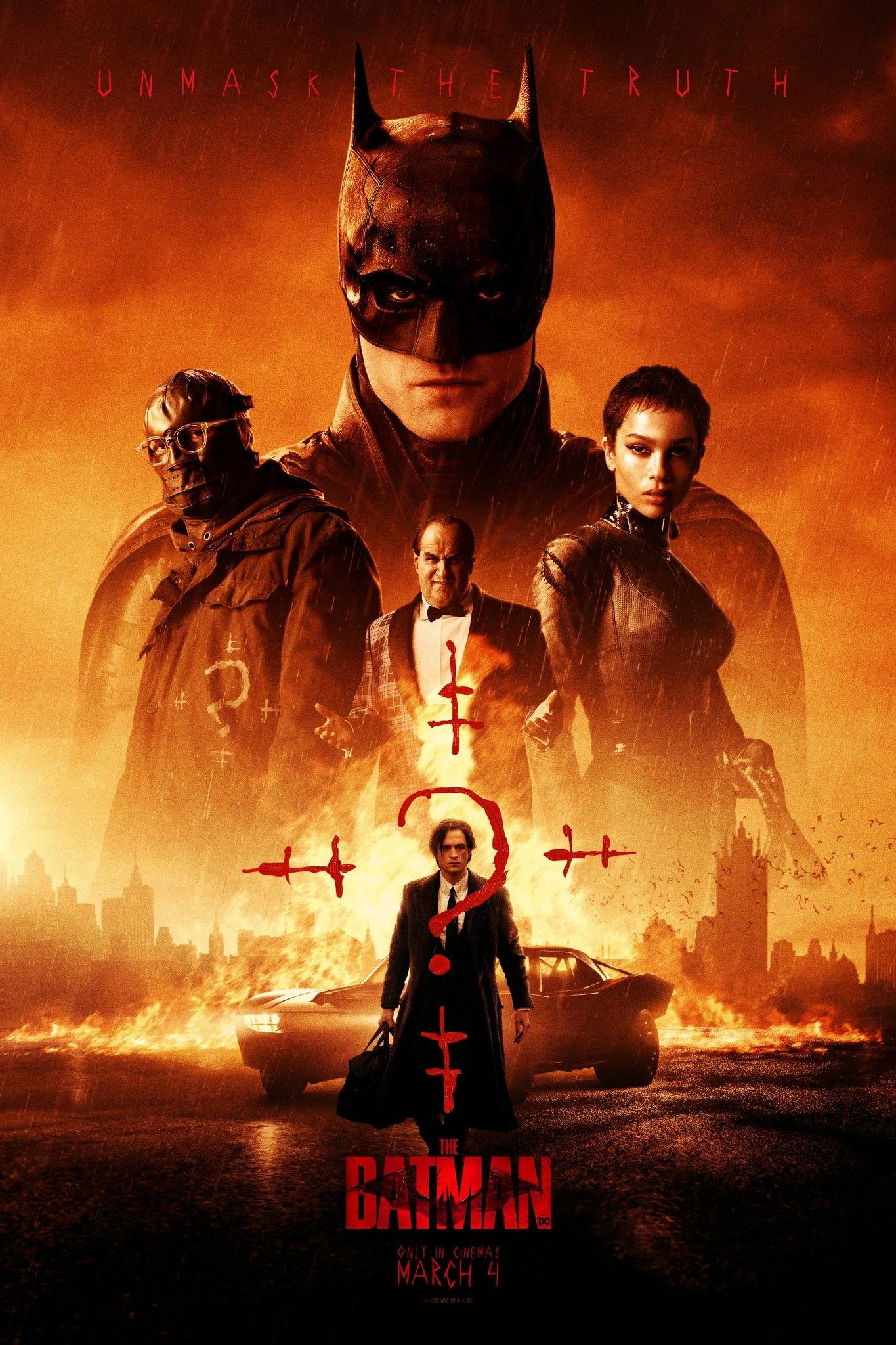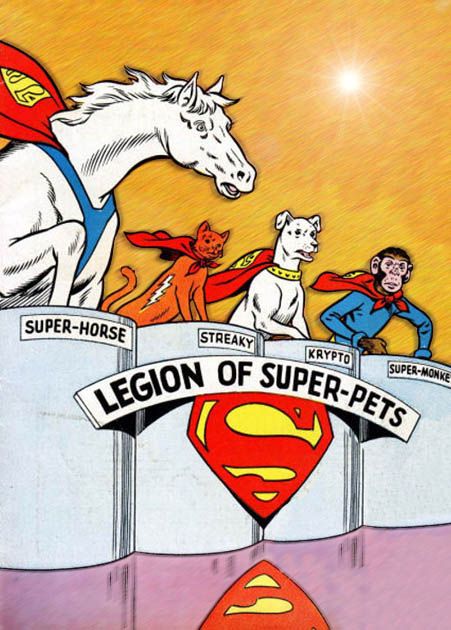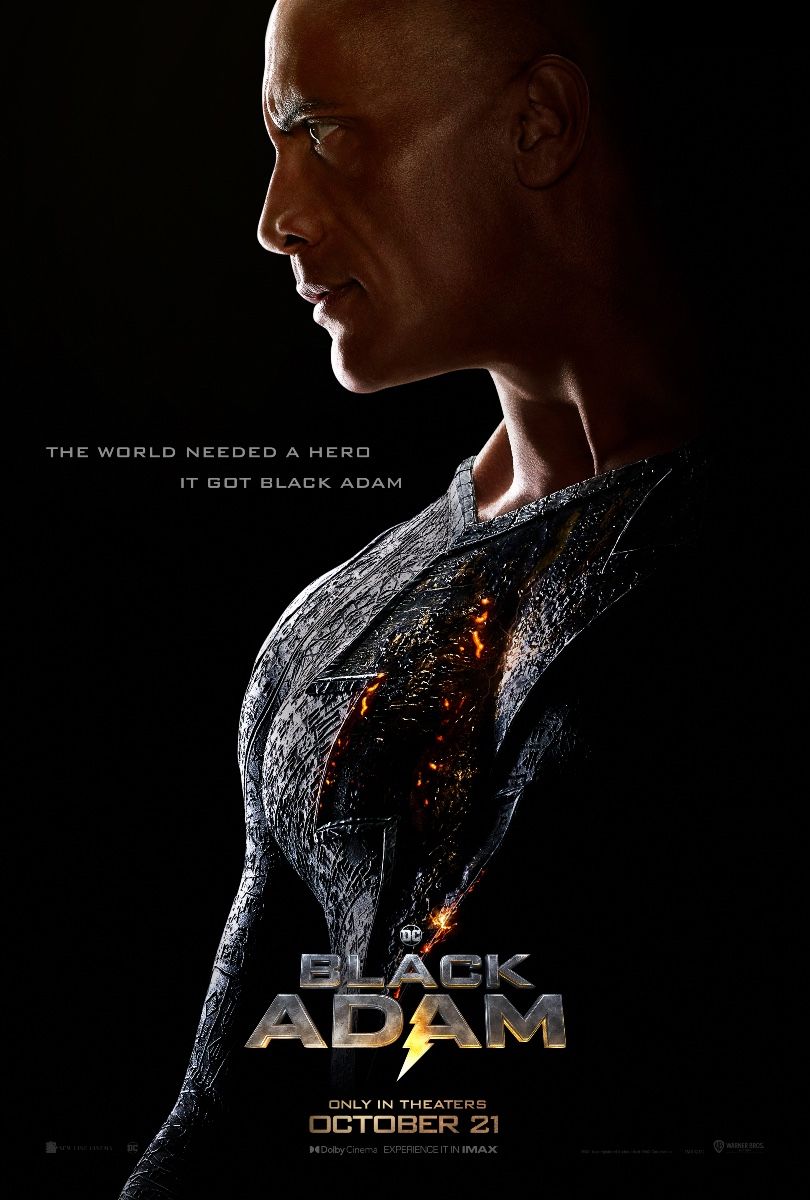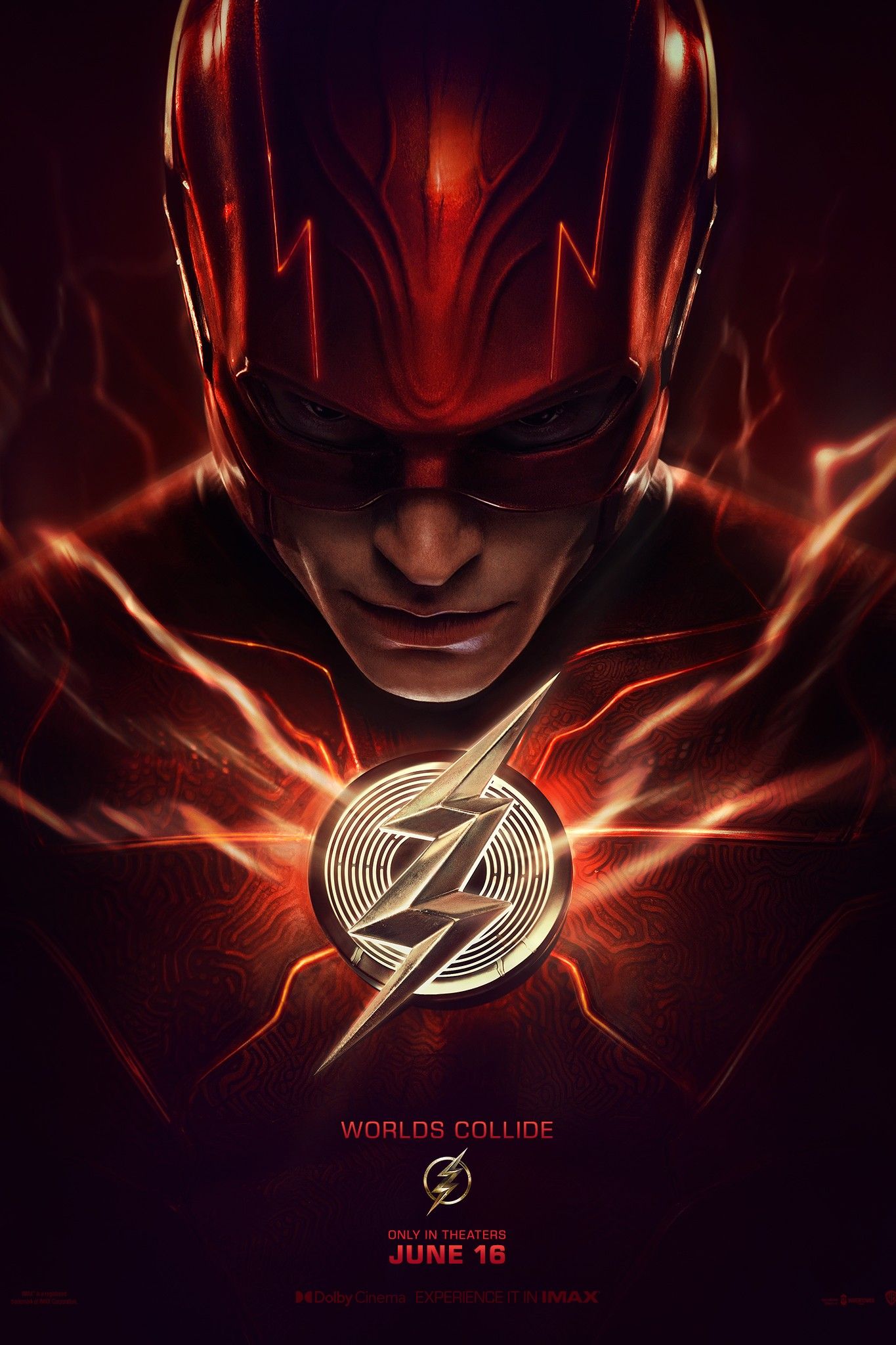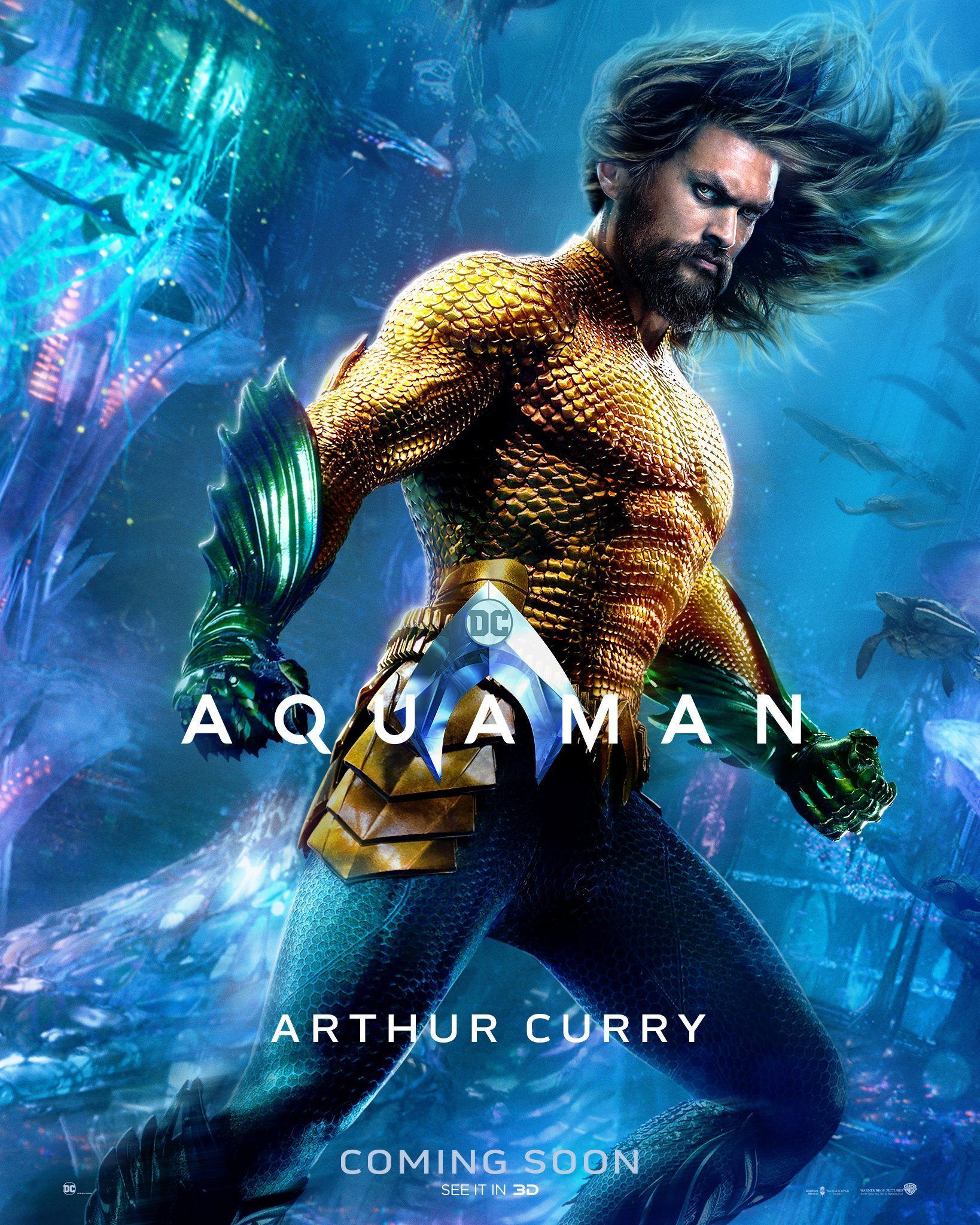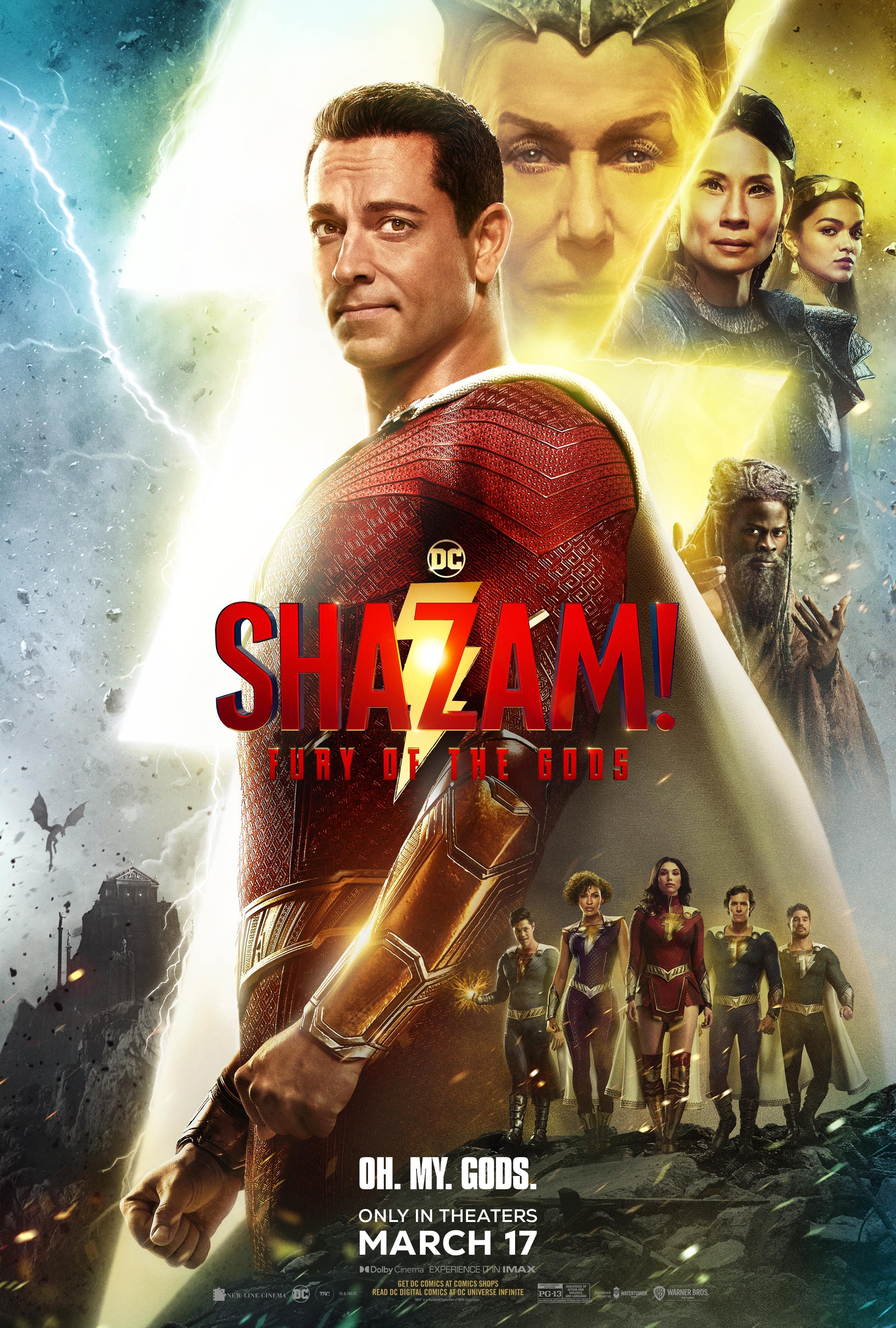Justice League producer Charles Roven shares details about the decision to remove Henry Cavill's mustache in the film. Justice League was released in 2017 and had a famously troubled production, which saw Zack Snyder officially announce his departure in May of that year. Director Joss Whedon was appointed by Warner Bros. to film a series of reshoots to reshape the film.
With the film's release date approaching in six months, Justice League would have to reshoot fast and work around their actors' very busy schedules. One of those was Henry Cavill, who was filming Mission: Impossible - Fallout for Paramount Pictures where his character sported a mustache. While Cavill was available to film the reshoots, Paramount Pictures would not allow Warner Bros. to shave Cavill's mustache even when the studio offered to pay for a makeup artist to apply a mustache for the remaining shoot of the Mission: Impossible sequel. Warner Bros. would later remove the mustache using CGI, a decision that was famously criticized by audience members.
Now Justice League producer Charles Roven details the decision to CGI out the mustache, and how it impacted the film. In an interview with THR, Roven talks about how the decision to remove it came down to Warner Bros. being unable to delay the release of Justice League due to the studio not having a major film for the holiday season. This meant that the reshoots had to happen if they wanted to make the November 17, 2017 release date. Read what Roven said below:
"Also the fact that we were dealing with very complicated scenes. They were so complicated in terms of their structure and the additional shooting issues, and of course we also had the fact that we were hoping for Henry to shave his beard...We were very worried that we weren’t going to be able to accomplish that in a way that wasn’t visible. And in fact we were right to be worried about that. To open a movie with your Superman and have his face look funny – I wouldn’t say that was one of the great decisions that were made. But it was a decision that was made because of many other things, as opposed to protecting the movie. It was a decision that was made to protect a release date, all of the promotional partners who were tied into that release date, all of the theaters that had booked things around that release date. The fact that Imax was tied into that, that it was Christmas, that it would mean a lot of revenue for Warner Bros. at that particular time. They had no big, huge Christmas blockbuster to replace it with."
Justice League was Warner Bros.' major tentpole film for the holiday seasons, as it opened the weeks before Thanksgiving and would have ideally carried over into the Christmas season. The film faced competition at the box office from Coco, Star Wars: The Last Jedi, Jumanji: Welcome to the Jungle, and to many people's surprise, The Greatest Showman. Justice League did crack the top ten 2017 domestic box-office numbers with $229 million but did make less than the solo DC film, Wonder Woman, the same year. The next major tentpole film that Warner Bros. had on the docket that could have traded release dates with Justice League could have been Ready Player One which would open in March 2018. Yet, by May 2017, all the licensing deals were in place for Justice League and delaying the release date would have caused more issues for the film.
Now, Warner Bros. could have avoided needing to do reshoots and the trouble of delaying the release date if Zack Snyder's version of the film would have been released in 2017. While the current version of Zack Snyder's Justice League is around 4 hours long, the Knightmare ending was added recently so the studio could have released a manageable 2 and a half to 3-hour version in theaters. That would have saved Warner Bros. up to the reported $25 million they spent to reshoot the film and wouldn't have had to worry about postponing the release. However, the complicated nature of big-budget filmmaking means there are many factors behind the scenes that can impact a film, and attempt by Warner Bros.' leadership at the time to fix Justice League was as effective as trying to CGI out a mustache.
Source: THR

